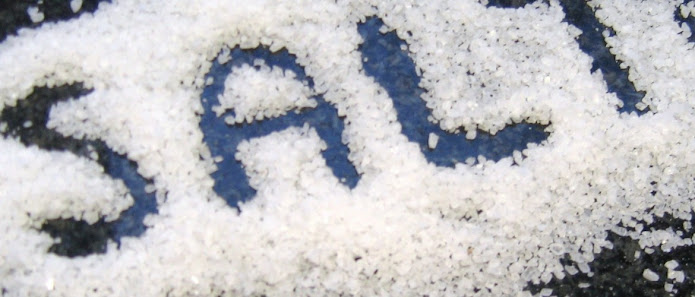One of the ingredients that we don't think about in our food is salt. It's in almost everything we eat. Even sweet foods have small amounts of salt to help increase its flavor or create a contrast between sweet and salty. What you need to know is that over consuming salt in your diet can influence the formation of calcium oxalate stones.
Understanding How the Kidney Stones Form
As you may be aware, the Kidney stones are formed when oxalates from food bind to calcium? High levels of oxalates are found in foods such as spinach, beans, beer, selected berries, beets, rhubarb, chocolate and green tea. High amounts of calcium are found in foods like milk, yogurt, cheese, sardines, soybeans, and many breads.
If you're dealing with calcium oxalate kidney stones, then you probably already did your research on what foods to avoid. You probably have a list of stone-friendly foods that is now a major part of your diet. But avoiding these foods may not be enough if you're consuming a high amount of salt.
How Does Salt Play a Factor?
The concept is really simple. If you consume a high amount of salt, you are moving more calcium through your kidneys and out to your urine. Through this process, the possibility of the calcium binding to oxalates is increased.
So even if you are consuming low levels of oxalates and normal levels of calcium, you may still have a problem with calcium oxalate stones. You must track how much salt you are consuming and take measures to decrease your intake.
Hypercalciuria is present in 80% of renal stone patients and it has also been found that individuals with raised blood pressure are more likely to develop renal stones. A reduction in salt intake may therefore be of particular benefit to these people as it not only lowers blood pressure but can also reduce urinary calcium excretion. A diet designed to reduce hypertension (the DASH diet) has been found to be associated with a marked decrease in kidney stone risk.
Controlling Salt Can Be Challenging
What a lot of people don't realize is that salt is hidden in many of the foods they eat. This can include canned foods, spaghetti sauce, bread, and ham. So what you need to do is to make sure you read the label for everything you buy.
Another challenge you may face is eating out. Many restaurants use high amounts of salt to flavor their food. Even if you decrease your salt intake at home, you'll usually make it up if you tend to eat out often. This is an invisible habit that can lead to calcium oxalate kidney stones for many people.

